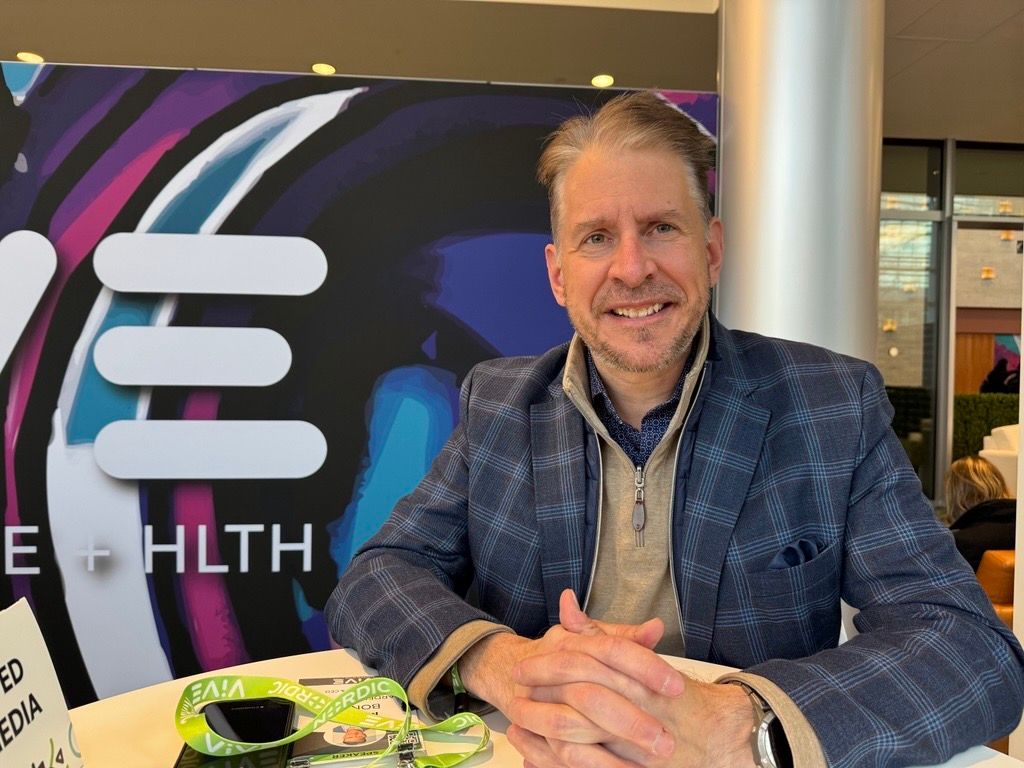The value of keeping cool under pressure | Lessons for Leaders
Marty Bonick, president and CEO of Ardent Health, stresses the importance of staying calm under trying circumstances.
As the leader of a health system with 30 hospitals in six states, Marty Bonick is accustomed to facing tough decisions and difficult circumstances.
Marty Bonick, president and CEO of Ardent Health Services, stresses the value of remaining calm in tense situations.

But Bonick stresses the importance of maintaining a sense of calm, even in tough moments. Bonick is the president and CEO of Ardent Health Services, a for-profit system based just outside Nashville, Tennessee.
In a recent interview with Chief Healthcare Executive®, Bonick points to the importance of leaders maintaining their poise.
“I've always striven to have an even keel,” Bonick says.
“You know, there are going to be pluses and minuses, or ups and downs to our business and to our industry, and we will get through them," he explains. "People that can keep their cool under pressure and maintain a healthy outlook on the opportunity that's buried inside of the challenge that we might be facing, are going to come out well on the other side.”
Bonick acknowledges that it’s not always easy, and there are times that he falls short.
“I'm not perfect,” he says. “I’m susceptible, like everybody is. But, you know, as a leader … they're looking to you for that guidance and that leadership. And you know, there's time to show emotion, appropriately. But if you're panicking as a leader, then what do you expect your organization is going to do?”
Bonick does take some steps to keep himself centered. He says he likes to read the Bible every day. He also says running and exercising is “a little bit of my meditation.”
“I can work through an issue there, and sort of channel that into some other productive energy,” Bonick says.
Ardent has been expanding recently, including the acquisition of 18 urgent care clinics in Oklahoma and Tennessee from NextCare Urgent Care.
But Ardent also had to weather a disruptive cyberattack that the health system suffered in November 2023. In the attack, Ardent temporarily diverted ambulances to other hospitals for a few days, and the system was without access to its electronic health records for days.
Bonick says it was a difficult time, but the cooperation and cool heads of team members helped the organization recover.
In the work to deal with the cyberattack and continue to provide services, Bonick says he recalled the Apollo 13 mission, memorably depicted in the 1995 film with Tom Hanks. In conversations with vendors and Ardent team members, everyone understood that failure was not an option, Bonick said.
“We have a dedication to our purpose of caring for others and knowing that people's lives were on the line,” Bonick says. “It's one of those missions that you cannot, cannot fail.”
“We had a mission that we couldn't fail at, and our team rallies around that,” he adds. “Our purpose as a company, people take seriously. And we got to see the best of everybody come out from that episode of something bad and turning it into something good.”
Telehealth faces a looming deadline in Washington | Healthy Bottom Line podcast
February 12th 2025Once again, the clock is ticking on waivers for telemedicine and hospital-at-home programs. Kyle Zebley of the American Telemedicine Association talks about the push on Congress and the White House.